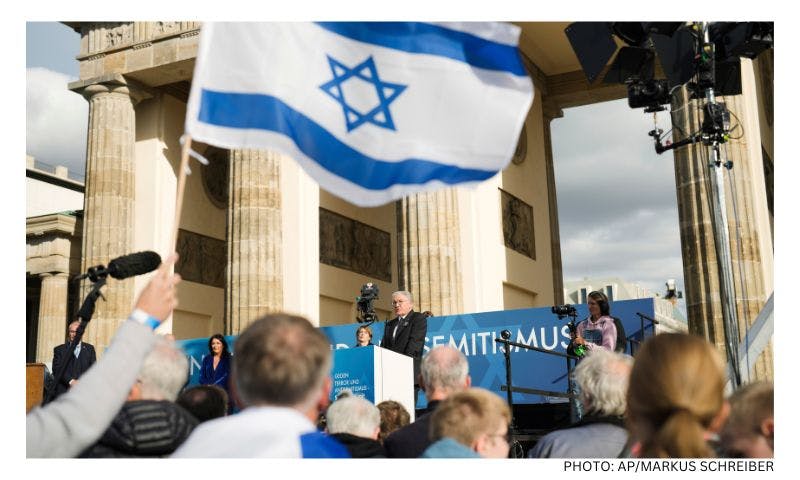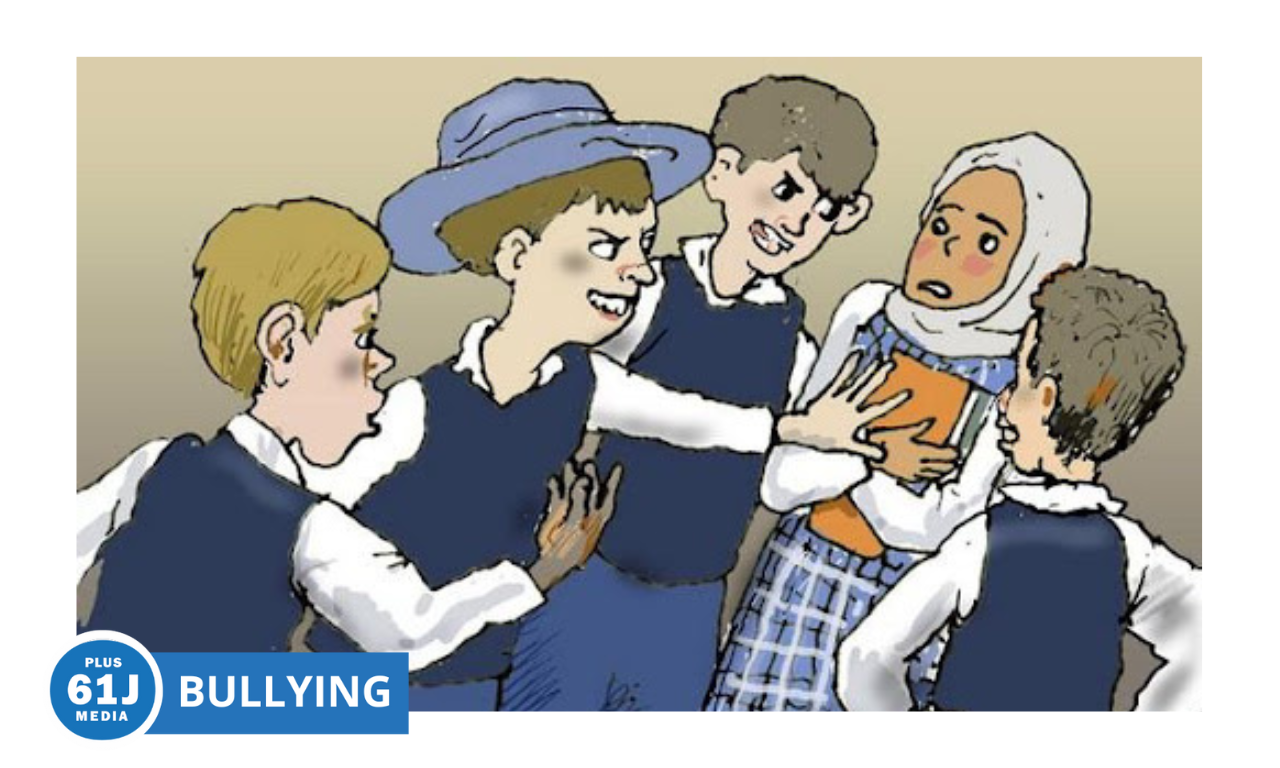Published: 2 September 2017
Last updated: 4 March 2024
As he energetically explores possibilities for dialogue and prospects for peace with a broad range of Israelis and Palestinians, we end up meeting a kaleidoscope of people, few of whom would agree with each other.
Baram is a typically argumentative Israeli, though he’s not pushing a particular line here. Rather, he’s curious to see how both Israelis and Palestinians view the prospects for compromise and coexistence.
The strength of the film is the range of people we get to meet, from determined Palestinian activists to Baram’s own father, a minister in Yitzchak Rabin’s government that signed the Oslo accords. Starting from the Norwegian villa where the secret negotiations took place in 1993, Baram reminds us of the plans for peace floated since then – and the pitfalls. Why have they all come to nothing?
As Baram drives across the country through this minefield of ideas, we meet passionate individuals, each arguing their point of view. There’s not much listening going on.
One state, two states, a Palestinian state with the ’67 borders, the right of return, return to what and where exactly, the impact of the settlements - the list goes on. As Baram drives across the country through this minefield of ideas, we meet passionate individuals, each arguing their point of view. There’s not much listening going on.
Today, 2.5 million Palestinians and 650,000 Jewish settlers live in the West Bank and annexed East Jerusalem. Many once argued that settlements would weaken the Israeli State, but Baram argues that this has not happened. Since settlements have succeeded and won’t/can’t be dismantled, the two-state solution increasingly looms as an impossibility. So what’s the future?
Baram begins by taking himself into new territory, literally, when he visits Balat Refugee Camp and meets local Palestinians for the first time. Young boys on the street are surprised to meet and talk to a Jew – the only ones they’ve ‘met’ are Israeli soldiers.
A Hamas intellectual jailed by Israel for 18 years receives him as a guest but is brutally honest in saying: “You’re my enemy”. There’s no place for the ‘colonialist Zionist project’, nor for Ashkenazis who came from other countries. They’re the ones who should leave. Not a great start.
A series of confronting, yet civil exchanges ensue. They range from a Kiryat Arba settler who bluntly asserts the two-state solution is unrealistic (“There will be no Palestinian state … my rights have priority over their rights”) to an East Jerusalem veteran activist (“Palestinians are… not citizens with equal rights and are subject to political whim,”) who shows Baram streets strewn with rotting garbage, because “the Israeli Municipal Authority doesn’t collect it”. Though they do collect it from the nearby town just on the other side of the dividing wall.
Baram meets an Israeli real estate broker clandestinely acquiring land from Palestinians, some of whom have later been executed as a warning to others not to sell to Israelis. Then there’s a young Palestinian passionately expressing the spirit of his land and trees, handed down the generations - ‘Peace – it’ll never happen’.
There’s little prospect of compromise in these encounters, especially when most of the Palestinians Baram encounters begin their narrative with the 1948 ‘Naqba’ (Catastrophe), when some 700,000 Palestinians fled or were deported, rather than the 1967 border changes which most Israelis, even on the left, consider to be the starting point for negotiations.
Amongst this sea of disparate, incompatible viewpoints, there are few chinks of hope.
This appears to be an eye-opener for Baram, reflecting that the left often regards itself as having the moral upper hand, yet won’t consider the effects of ’48. “The honest thing to do, when we don't have the political power anyway, is to prepare a much more sincere discourse,” he reflects.
Amongst this sea of disparate, incompatible viewpoints, there are few chinks of hope. One shown is an initiative where Jews and Palestinians pray together. The image of the two groups, bowing to Mecca and dovening towards Jerusalem side by side in humble surroundings, is a powerful one, though piteous in effect. Nevertheless, Baram finds some consolation in small movements such as this, that insist on building a different life.
This film takes you to places you’d likely never find yourself in. Even if the format of the film is quite conventional, there are surprises along the way in the encounters with characters we’d never normally meet.
PRODUCERS : SPIEGEL PRODUCTIONS LTD, DONNA PRODUCTIONS LTD
MAIL: office@spiegelmovies.com
DISTRIBUTION : http://www.go2films.com/





Comments
No comments on this article yet. Be the first to add your thoughts.